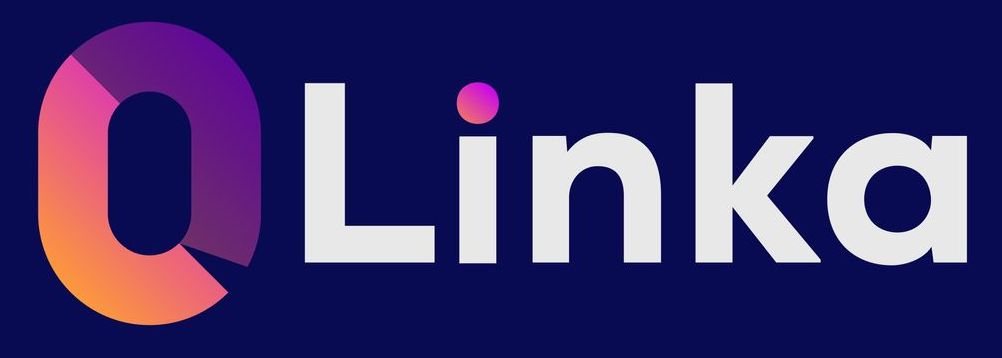What I've Learned About the Data & AI Industry Since Returning From My Travels: Key Changes in 2024 and Their Recruitment Impact
Carl McDonald
After taking time off for a nine-month adventure across South and Central America, returning to the world of tech recruitment felt like jumping into a rapidly moving river. When I left in January, the Data & AI landscape was already transforming, but the pace at which things have changed in 2024 has been remarkable. Having spent the past several months catching up on industry trends, I’ve seen firsthand how the world of AI has evolved and how recruitment has adapted to these changes.
Here’s a look at the most important things I’ve learned about what’s new in the Data & AI industry and what that means for those of us in recruitment.
1. Generative AI Has Taken Over
When I left in January, generative AI was already making waves, but coming back, it’s clear this technology has exploded in ways few predicted. Generative AI tools like ChatGPT have not only become more sophisticated but also deeply embedded in everyday business operations. From content creation to automating customer service, generative AI is now a core part of many organisations’ strategies.
2. AI Regulation and Ethics Have Become Major Priorities
One of the biggest changes I’ve noticed since coming back is the growing emphasis on ethical AI and regulation. In 2024, the EU’s AI Act came into play, and organisations across the globe have had to adapt to stricter rules around AI deployment, data privacy, and fairness. Ethical AI is no longer just a talking point – it’s a critical business requirement.
3. AI Integration Across Industries Is Accelerating
When I stepped away, AI was still largely concentrated in tech-first companies. Fast forward to 2024, and I’m seeing AI being integrated into just about every industry imaginable – from agriculture to healthcare and finance. AI is no longer confined to early adopters; it’s becoming an essential part of operations for businesses of all sizes and sectors.
4. Data Privacy and Security Are Front and Center
Data privacy was always important, but after returning, I’ve seen how it has moved to the top of the priority list in 2024. High-profile data breaches, combined with more complex AI systems, have forced organisations to rethink how they manage, protect, and utilise data. New regulations, tighter standards, and public scrutiny are putting more pressure on companies to secure their data.
5. The Workforce Is Transforming Alongside AI
One of the most striking things I’ve noticed since coming back is how AI is reshaping not just business processes but entire workforces. In 2024, hybrid human-AI workforces are becoming more common, where AI tools assist employees in automating routine tasks, allowing them to focus on higher-level, creative, and strategic work. It’s a shift I wasn’t expecting to see at this scale.
Reflecting on the Recruitment Landscape in 2024
Since I’ve been back, it’s been clear that yesterday's recruiting strategies no longer apply. Rapid AI developments this year have reshaped the talent market in profound ways. Here are some key takeaways based on what I’ve observed in 2024:
- Talent Competition Is Fierce: The demand for AI and data professionals has become more intense than ever. It’s not enough to rely on traditional recruitment methods. Companies are having to get creative with passive talent sourcing, using AI-driven recruitment tools, and building long-term relationships in niche communities.
- Upskilling Is Key: As AI reshapes industries, upskilling programs have become essential. Recruitment isn’t just about hiring new talent; it’s also about identifying employees who can be trained to take on AI-related roles. Companies that prioritise internal mobility and continuous learning are winning the talent war.
- Ethics and Innovation Are Recruitment Differentiators: I’ve seen candidates becoming increasingly selective about the companies they want to work for. In 2024, they’re looking for employers who are committed to ethical AI practices and responsible innovation. Organisations that can showcase these values are more attractive to top-tier talent.
- Diversity and Inclusion in AI Recruitment: There’s a growing recognition that diverse teams are critical to reducing bias in AI systems and fostering innovation. Since I’ve been back, I’ve noticed more organisations making a concerted effort to build diverse AI teams, which has become a crucial factor in recruitment.
- Remote Work and Global Talent Pools: Another major change I’ve seen is the normalisation of remote work. With AI talent being in such high demand, companies are expanding their hiring efforts globally and offering flexible work arrangements to tap into the best talent, no matter where they are.
Conclusion
Since coming back from my travels in January, the Data & AI industry has evolved dramatically. The advancements in generative AI, the rise of ethical AI concerns, and the increasing integration of AI across industries have reshaped both the business and recruitment landscapes.
For those of us in recruitment, the focus has shifted to sourcing hybrid talent, fostering upskilling, and staying ahead of the competition by embracing both innovation and ethics. As AI continues to evolve, so must our strategies for building the teams that will propel this future forward.

